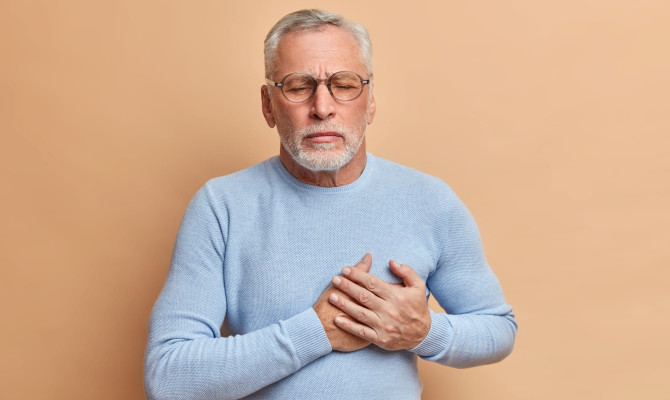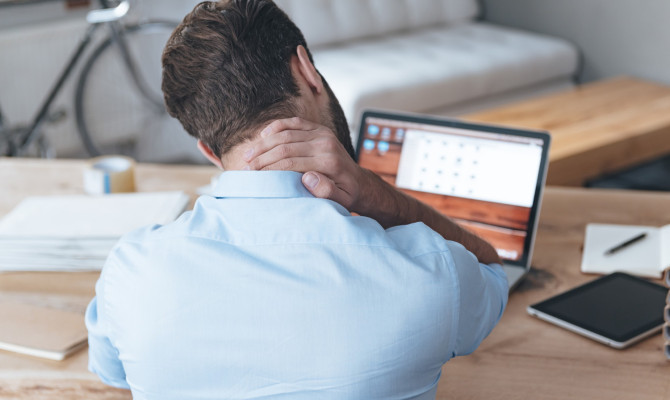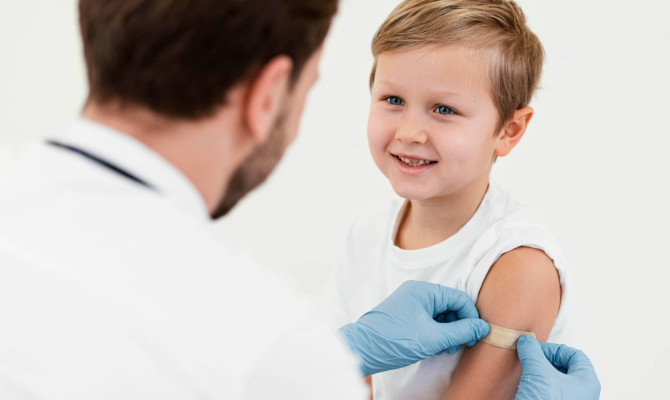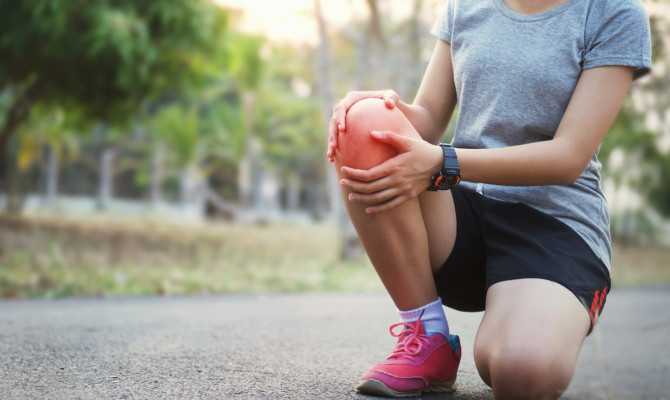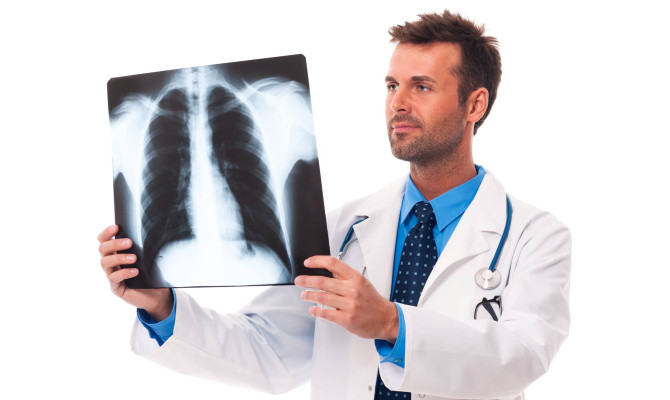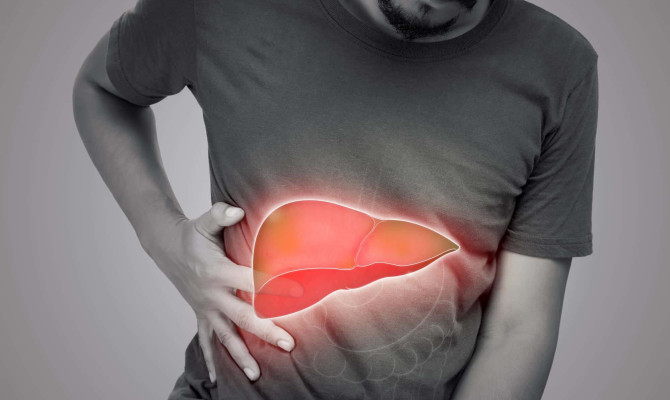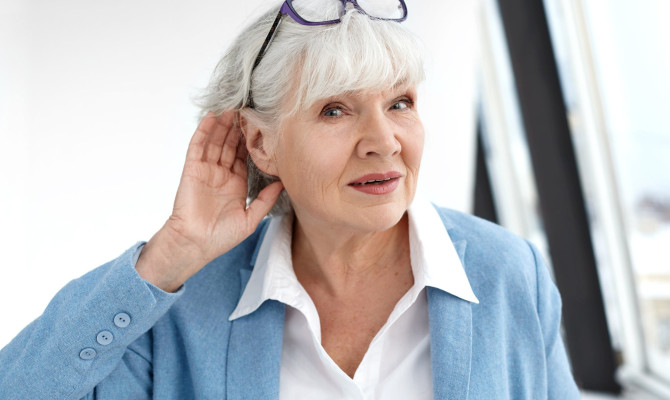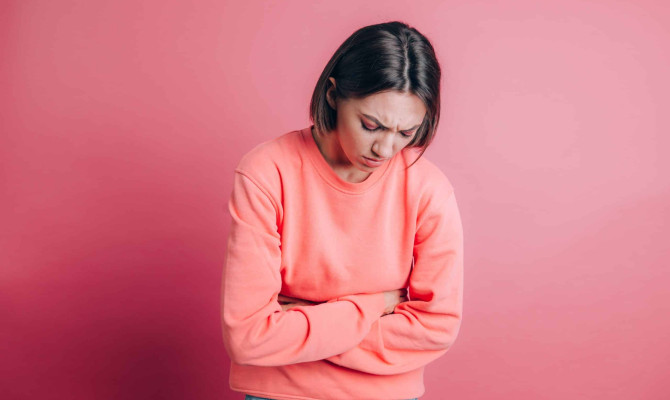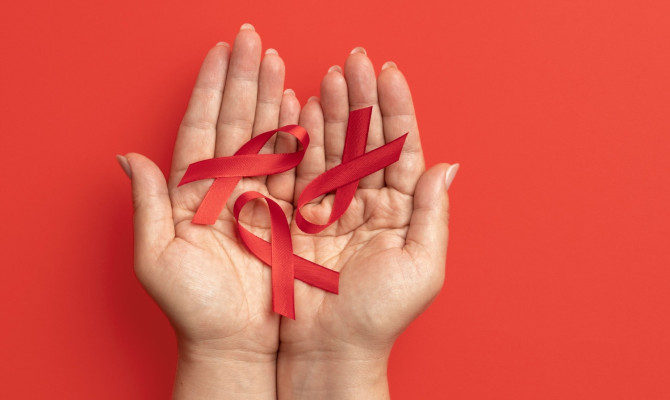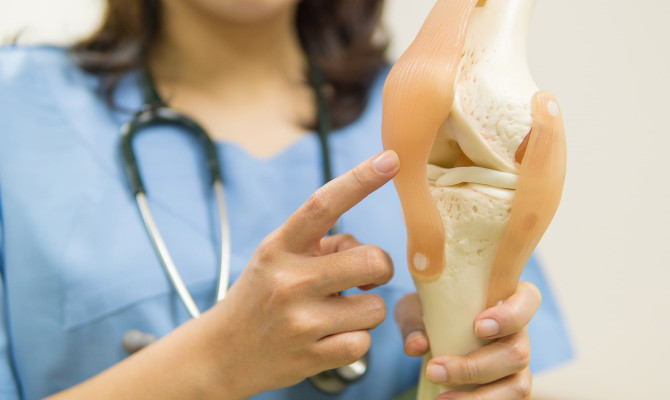COVID-19: Understanding and Management

- COVID-19
- 14 Aug 2023
Overview
What is COVID-19 ?
COVID-19, also known as coronavirus disease 2019, is a highly contagious and infectious respiratory disease caused by a newly discovered coronavirus called SARS-CoV-2. The virus started the epidemic, which first appeared in Wuhan, China, in December 2019. It spread quickly throughout the world.
When infected individuals talk, cough, or sneeze, respiratory droplets are the primary way of transmission. The virus has significantly impacted economies, societies, and public health all over the globe.
To stop the virus from spreading, the government and health organizations have implemented several strategies, such as immunization drives, mask use, hand washing, and social seclusion. 1What is covid-19 | Researched based study from Cdc.gov
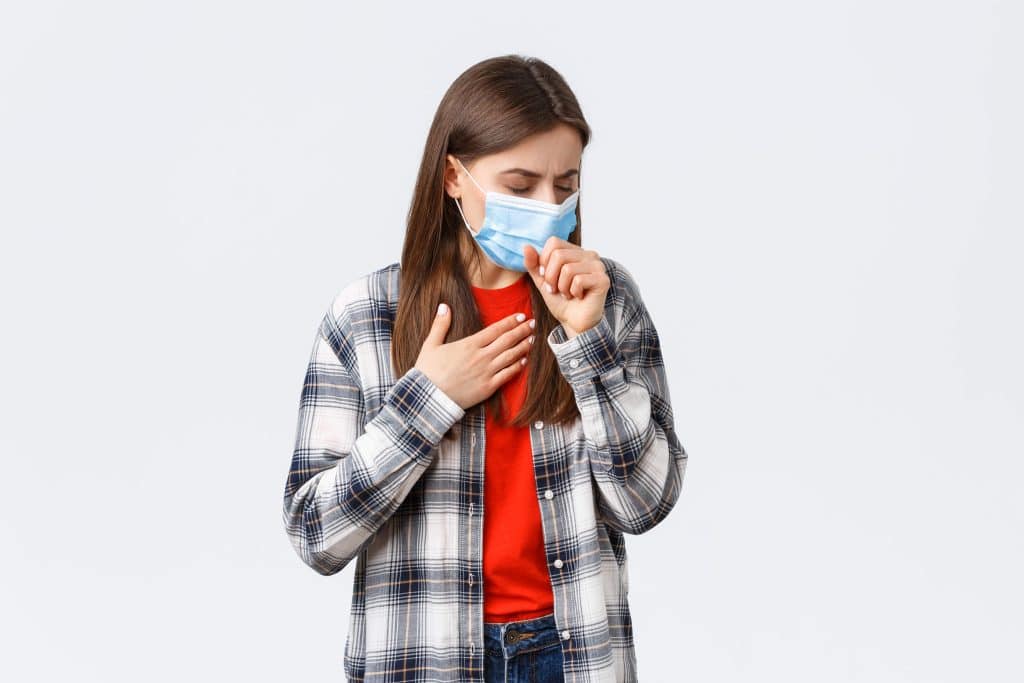
Classification
What are the various types?
There is only one variety of Covid-19, and SARS-CoV-2 is the new coronavirus that causes it. However, the virus has evolved into various variations or strains, some of which cause more infections or are more immune to vaccination than others.
Based on the genetic variations that make up these variants, some of the more well-known variants include
- Alpha-variant: Initially discovered in the UK, it has since expanded to numerous other nations.
- Beta variant: Found in South Africa first.
- Gamma variant: In Brazil, the gamma variety was first discovered.
- The Delta variant: It was first discovered in India and has since spread to many other nations.
- Other variants include Omicron, Eta, Zeta, Iota, Kappa, Epsilon, and Mu.1What are the various type | Researched based study from Cdc.gov
Symptoms
How do I know if I have Covid-19?
The onset and progression of the symptoms can vary, but they usually have a pattern. The time it takes for symptoms to show after exposure to the virus can range from 2 to 14 days. Incubation refers to this time frame.
Some common symptoms include
- Fever or chills
- Cough
- Shortness of breath or difficulty breathing
- Fatigue
- Headache
- Muscle or body aches
- Net loss of taste or smell
- Sore throat
- Diarrhoea
- Nausea or vomiting
- Congestion or runny nose
Mild symptoms
- In some circumstances, people can transmit the virus even when they show no symptoms at all. Others may experience minor signs that gradually disappear after a few days to a week.
Progressive symptoms
- Sometimes, the symptoms can worsen and cause chest pain, breathing problems, and shortness of breath. These might be signs of severe sickness and call for prompt medical care.
Long-term symptoms
- The possibility of long-term symptoms, also referred to as Long COVID or Post-Acute Sequelae of SARS-CoV-2 infection, should also be noted. (PASC).
- These include exhaustion, breathlessness, brain fog, and other symptoms that can persist for weeks or months after the infection. 2How do I know if I have Covid-19 | Researched based study from Cdc.gov
Causes
What are the causes?
- The SARS-CoV-2 virus brings it on. Through respiratory droplets, it travels from person to person. People close may get these droplets in their mouths or noses or inhale them and take them into their lungs.
- It can also be transmitted by touching one’s mouth, nose, or eyes after contacting a contaminated surface or item.
- Stopping the virus from spreading is challenging because asymptomatic individuals can disseminate it.
- Certain conditions, such as crowded indoor places with poor ventilation and difficulty keeping social distance, can increase the risk of transmission.
- Additionally, it can spread from wildlife to people. The virus can also aerosolise, which means it can break down into a fine mist of particulates and water and hang around in the air for a few minutes to several hours. 3What are the causes| Researched based study from Cdc.gov
Risk
What are the risk factors associated?
Numerous risk factors can raise the possibility of catching COVID-19 and developing a severe sickness. These danger elements consist of
- Age-With age comes an increased chance of severe illness and death, with people over 65 having the highest risk.
- Underlying medical conditions-Comorbid conditions like heart disease, diabetes, lung disease, cancer or weakened immune systems put a person at a greater risk of developing severe illnesses and passing away.
- Obesity-Overweight/ obese people possess a higher risk of getting infected.
- Pregnancy-Women who are pregnant could be more vulnerable to severe diseases.
- Living or working in a busy/crowded environment-People are more likely to contract the illness if they reside or work in crowded places like nursing homes, prisons, and meatpacking plants.
- A lack of healthcare availability-People who have less access to treatment may be more vulnerable.
- Travelling abroad-The danger of catching the virus rises when visiting regions where Covid is prevalent.
- Close interaction with diseased people-The threat can rise if you have close contact with someone who has Covid. 3What are the risk factors associated?| Researched based study from Cdc.gov
Diagnosis
How is Covid-19 diagnosed?
COVID-19 can be diagnosed in several methods, including through laboratory and at-home tests. Here are a few of the most popular techniques.
Polymerase Chain Reaction (PCR) method
- A sample is taken from the nostril or throat can be used to identify the virus’s genetic makeup. It is regarded as the industry benchmark for diagnosing COVID. Processing of results typically takes a few days.
Test for antigen
- This quick test looks for the presence of a protein on the virus’s surface in a sample taken from the nostril or throat. Although results can be received in as little as 15 to 30 minutes, these tests are less precise than PCR tests and can produce more false negative results.
Antibody test
- Tests for antibodies in the blood that the immune system has produced in reaction to an infection. It can determine whether a person has already been exposed to the virus, but it cannot identify a disease that is currently present.
Testing at home
- Make sure to thoroughly read the instructions before beginning the test. Each exam may have unique specifications and guidelines.
- Typically, a nasal swab, test tube, and reagent fluid are included with the home tests. Make sure you have all the required supplies.
- After gathering the sample, insert the swab into the reagent solution’s test container. The answer will break down the pathogen, allowing the test to identify it.
- Depending on the test, you might have to wait anywhere from 15 minutes to a few days for your findings.
It’s essential to remember that while at-home tests might be practical, they might not be as reliable as laboratory-based tests. If you have doubts about whether you have the Covid, it’s always a good idea to speak with a healthcare provider. 6How is Covid-19 diagnosed | Researched based study from Cdc.gov
Treatment
How is Covid-19 treated?
The course of treatment is determined by the patient’s symptoms and the severity of the disease. Here are a few standard therapy options.
Symptoms-only medicine
- Over-the-counter medicines like acetaminophen or ibuprofen can address mild symptoms like fever, coughing, and body aches. Additionally, patients should relax a lot and drink plenty of water.
Oxygen therapy
- Patients who experience severe symptoms might need oxygen treatment to aid in breathing. This can be given using a ventilator, nasal prongs, or a facial mask.
Antiviral drugs
- In some nations, the use of antiviral medications for treatment in an emergency has been authorised. These drugs prevent the virus’s ability to replicate within the body.
Antibiotics and painkillers
- An overactive immune reaction to the virus may be experienced by patients with very severe symptoms, which can cause inflammation in the body. Steroids and other anti-inflammatory drugs may be used to help lessen this irritation.
Monoclonal antibodies
- These proteins were created in a lab and can imitate the immune system’s ability to combat viruses. In some nations, these antibodies have been authorised for emergencies.
Covid-19 therapy focuses on symptom management and avoiding complications, as there is no known cure for the condition.
For suggestions on specific treatments, patients should always consult a healthcare professional. It is also essential to take preventative steps to stop the virus from spreading. Follow public health recommendations, and adhere to public health precautions like wearing masks, engaging in social isolation, and avoiding crowds of people.3How is Covid-19 treateds | Researched based study from Cdc.gov .6How is Covid-19 treated| Researched based study from Cdc.gov
Complications
Complications related to covid-19
Pneumonia
- It may result in pulmonary inflammation and pneumonia. Breathing may become challenging as a result, necessitating hospitalisation.
ARDS, or acute respiratory distress syndrome
- A severe lung injury known as ARDS may occur. It happens when the lungs swell up with fluid due to inflammation and make breathing challenging.
Blood Clots
- The danger of blood clots, which can cause Deep Vein Thrombosis (DVT), pulmonary embolism (PE), or stroke, is rising.
Organ Failure
- Damage to the kidneys, liver, and heart, among other systems. This may occasionally result in system failure.
Long Covid
- Even after recovering from covid-19, some patients experience symptoms weeks or months later. This may involve feeling worn out and having trouble focusing and breathing.
Death
- Particularly for the elderly or those with underlying medical problems, it may be fatal. 4Complications related to covid-19 | Researched based study from Nlm.nih.gov
Prevention
How do I prevent myself from getting Covid-19?
There are numerous methods to stop the growth.
Get vaccinated.
- Getting vaccinated is among the best methods to prevent COVID-19. If you acquire the virus, the vaccine can prevent you from becoming seriously ill.
There are three major categories of vaccines on the market right now.
- MRNA vaccines: The type of vaccine that is made by Pfizer-BioNTech and Moderna, instruct our cells to produce a protein that stimulates an immune response using a genetic material called messenger RNA.
- Vaccines with viral vectors: These vaccines, made by companies like Johnson & Johnson and AstraZeneca, use a harmless virus to transfer a virus’ genetic material into our cells.
- Vaccines that use protein subunits: Vaccines like Novovax use a protein subunit, a harmless portion of the virus, to elicit an immune reaction.
- Most Covid-19 vaccines require two doses, separated by a few weeks, to offer complete immunity. The booster amounts are also provided in some nations.
- Vaccine eligibility based on age differs by nation and region. It is anticipated that eligibility will increase to include more age groups and populations as more vaccine doses become accessible.
Wear a mask
- Wearing a mask can help stop the spread, especially in public places or around people who aren’t in your home.
- Droplets from infected people that could disseminate the virus are kept in check with the aid of masks.
Utilise social distance.
- Keep strangers in your home at least 6 feet away from you. This lessens the chance of contracting or sharing the virus.
Wash your hands.
- To help eliminate any virus particles you may have encountered, wash your hands frequently for at least 20 seconds with soap and water.
Avoid big crowds.
- Keeping away from crowded areas and big gatherings can help slow the spread of viruses.
- If you are unwell, stay at home.
- Stay at home if you’re feeling under the weather, and get help if needed. This may aid in halting the dissemination to other people.
Clean surfaces
- It is possible to stop the spread by routinely disinfecting frequently touched surfaces, such as doorknobs, light switches, and tables. 5How do I prevent myself from getting Covid-19 | Researched based study from Nih.gov
Outlook
What’s the outlook?
The Covid-19 pandemic has significantly affected social norms, the economy, and public health globally.
It can be managed with newly developed vaccines and medical treatments that have been shown to work.
It is crucial to keep up with public health regulations to stop the spread and safeguard people and communities from its impacts.
Any feedback on this article?
 This Articles content was accurate
This Articles content was accurate Very Informative Article
Very Informative Article I have a question or a comment
I have a question or a comment
 This article contains inaccurate content
This article contains inaccurate content This article was not helpful
This article was not helpful I have a question or a comment
I have a question or a comment
We appreciate your helpful feedback!
Checkout our social pages
References
-
Centers for Disease Control and Prevention.
Variants of the Virus | Introduction | Variants
-
Centers for Disease Control and Prevention.
Symptoms of COVID-19 | Symptoms
-
Centers for Disease Control and Prevention.
Understanding Risk | Causes | Risk factors
-
National Library of Medicine
Late Complications of COVID-19; a Systematic Review of Current Evidence | Complications
-
National Institutes of Health
Prevention of SARS-CoV-2 Infection | Prevention
-
Centers for Disease Control and Prevention.
COVID-19 Treatments and Medications | Diagnosis | Treatment












